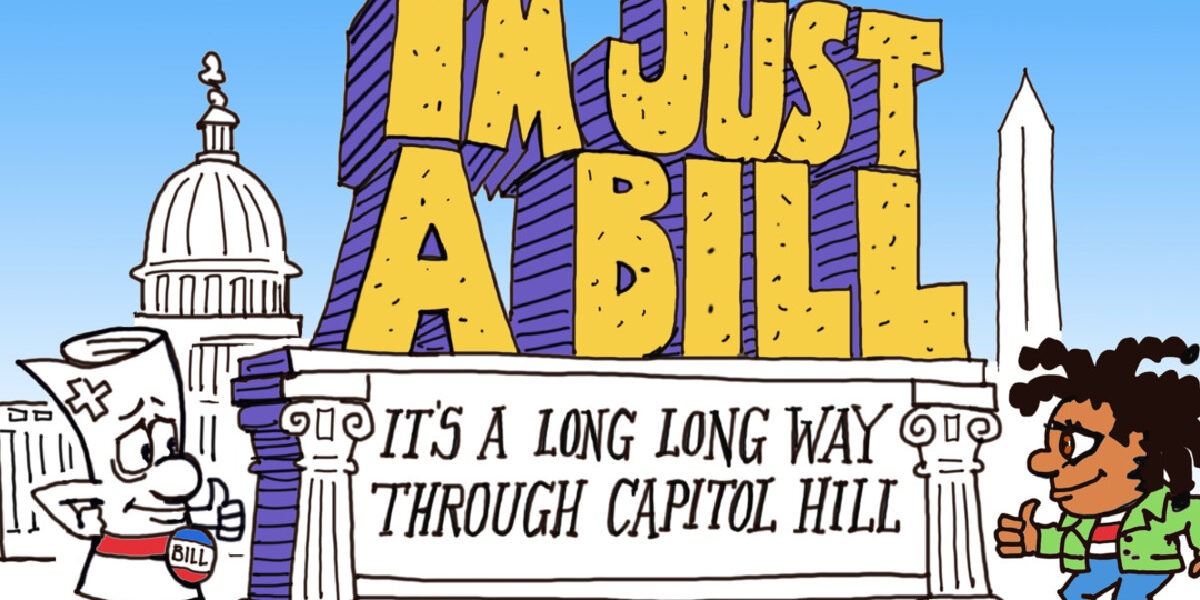Who’s Getting the Bill?
Mick Southworth
Ten years ago at Cannes when the UK Film Council lottery fund awards were announced, Mick Southworth was quoted by Screen International as saying, “You might as well take £100m and burn the f*****g lot.” Little did he realise that some film people would actually take his advice and do just that. So is free money a recipe for success or a right old dog’s dinner?
Incredible as it might seem, free money has proven time after time to be a blot on the landscape of the film industry—not just here in Britain, but in every corner of the world.
Be it tax breaks, lottery handouts or crazy insurance schemes, just about everything has been tried by policy makers in a vain effort to kick start the allegedly ailing commercial film production sector. Well-intentioned government pen pushers look to lend a hand to our fine talent-filled industry, yet all that ever seems to happen is that, time after time, the initiative appears to get abused, misused and, in some cases, openly looted. The problem generally lies within the initial legislation and criteria which, far from encouraging talent, has the reverse effect, bringing into the industry a marauding gaggle of financial opportunists who are clearly smart at exploiting the loopholes while playing within the poorly laid down rules.
Indeed, the Section 42 and Section 48 tax breaks helped to give birth to some of the biggest turkeys to ever trot off the UK film conveyer belt. We sat through literally dozens of them, and can confirm that it was the cinematic equivalent of celluloid water boarding. Cheap and expensive alike, they seemed to have been funded and produced not through the commercial appetite and the pull of UK distribution and world sales—as would seem reasonable and logical—but simply because they could be. What worse reason can there be to make a film than just because you want to earn from it, irrespective of the fact that it might have absolutely no commercial or artistic appeal whatsoever?
One of the problems with so many of these ‘best intentioned’ industry incentives is that they are so transparently open to abuse. They attract so many ‘finance first’ minded executives into the key quality selection roles. Let’s not be naïve: out-of-industry experts in free money flush themselves into just about any industry at the first whiff of a gold rush. It’s the nature of commerce. The problem that we have in the film industry is that our business boils down to the creative talent; they are the driving force behind the filmed entertainment that the public actually pays to see. If the larger emphasis is wrested away from that creative talent and into the hands of bean counters, then the results are, not surprisingly, hit and miss. We rather suspect that no one has ever paid hard-earned money to see a good financial deal. All the public actually want to pay to see are good films; it’s as simple as that.
Mick remembers remarking, at the time of the initial tax break incentives, that he couldn’t get his end of year tax return filled out because every accountant he knew had become an executive producer! Happily, there are now seemingly fewer of these folks hobbling around the globe with their marginal film finance portfolios and their dubious and ill-considered scripts, as that particular form of dinosaur was mercifully rendered extinct when Tony Blair and his tax junky side-kick, Gordon Brown, decided that enough was enough and closed the whole mess down.
But, the question still remains (and irks a hell of a lot of us at the sharp end of this game): why was it that so many initiatives, such as insurance-backed funding, were open to white collar meddling and mischief? While making a succession of diabolical movies is not in itself a criminal offence, there is such a thing as balance. Indeed, wasn’t it Kenneth Williams who so wisely summed up Doctor Nookey’s sporadic sex life in Carry On Again Doctor by remarking that “you can’t knock a coconut down every time.” Our argument is why couldn’t we have at least knocked down a bigger percentage of them?
Lessons really need to learned from mistakes, or they will simply become habitually repeated in the future. It doesn’t take a rocket scientist to figure out that the funds should be used to encourage the growth of a better talent base, making better films with appropriate and available budgets. They should not be there to provide various layers of arrangement and middle-man fees and advances against sales expenses etc. And what about all the films that died a death commercially? What retrospective action was taken to seek recompense? Yep, you guessed it! We are British after all, and as long as we still have a carpet in our castle, we will sweep things we don’t like beneath it.
The bottom line is that the blame rests solely on those who set the ground rules: the government of the day and their advisors. It is they who set the criteria that allowed for so much manoeuvering. They might argue that all they did was try to do the best for an industry that was crying out for help, an industry that had for many years lobbied with a passionate and reasoned argument that we had the craftsmanship, responsibility and intelligence to administer and cherish any funds that came our way. Sadly, the criteria meant that a whole bundle of it didn’t always come our way and it’s time to change all that.
We must come clean and say we still feel pretty bruised about the aforementioned lottery awards. Over £90 million dished out with seemingly very little control or controlling criteria; a third even went off to a French-owned company! We don’t personally have anything against the French, but the idea that their Government would hand out a third of its lottery film funds to a British-based and owned company is wholly unthinkable. It wouldn’t happen, because they would actually be sensitive enough to understand that those involved in their own indigenous industry would feel bitter and betrayed. Just like so many of us Brits still do.











